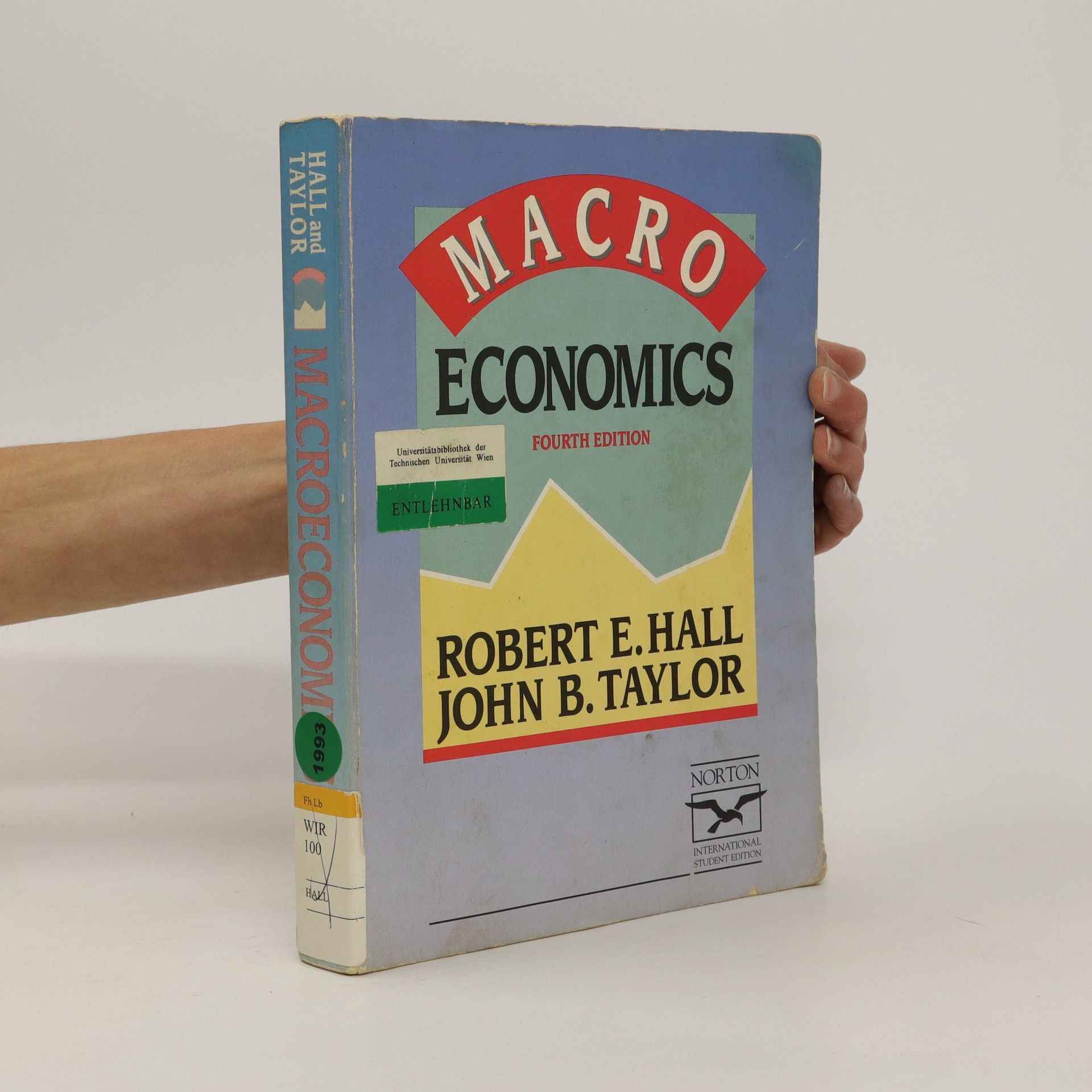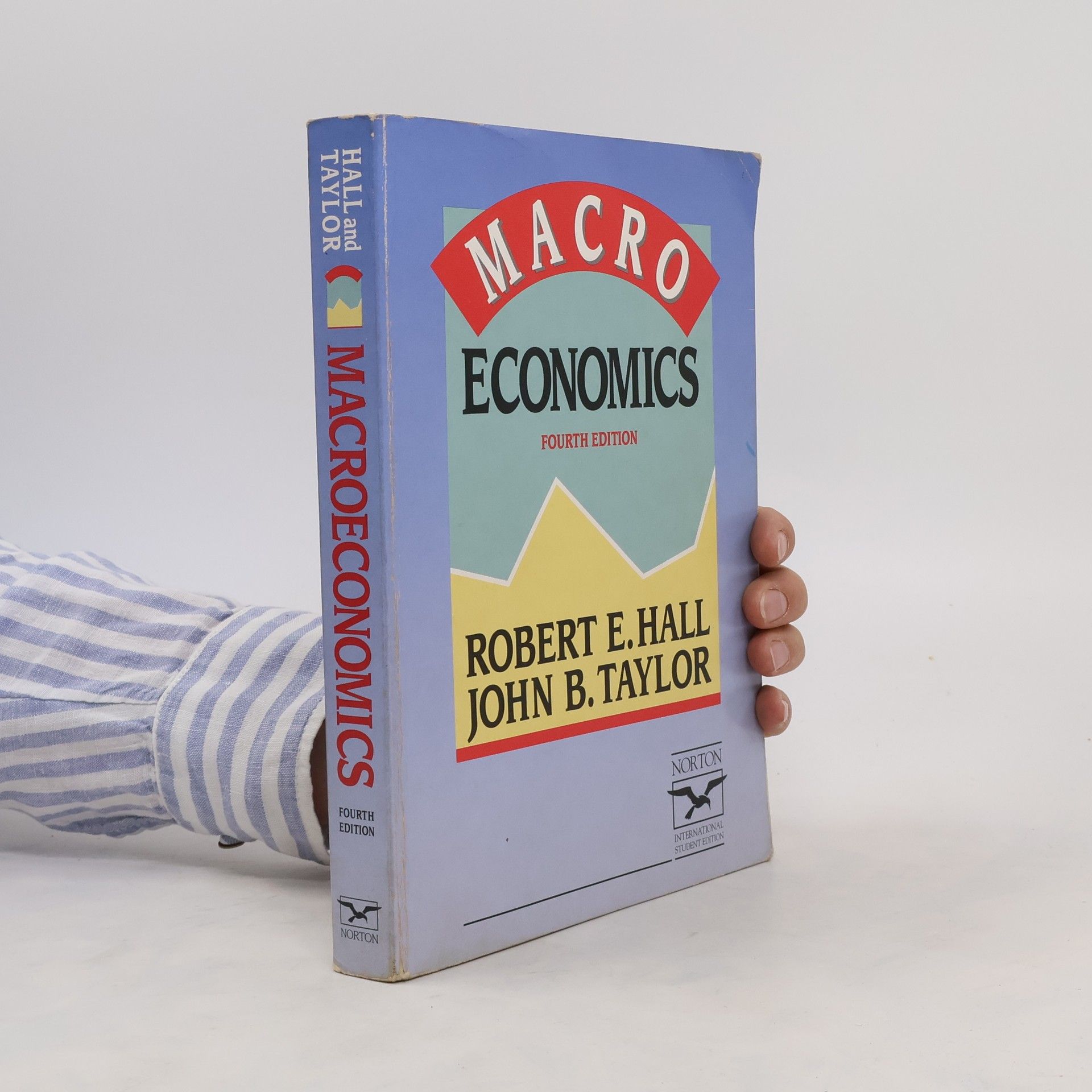Mont Pèlerin 1947: Transcripts of the Founding Meeting of the Mont Pèlerin Society
- 248pages
- 9 heures de lecture
Marking the 75th anniversary of the first meeting of the Mont Pèlerin Society, in 1947, this volume presents for the first time the original transcripts from this landmark event. The society was created by Friedrich Hayek as a forum for leading economists and intellectuals to discuss and debate classical liberal values in the face of a rapidly changing world and political trends toward socialism. Bruce Caldwell, a major scholar of Hayek, provides an informative introduction and explanatory notes to the source documents, drawn from the Hoover Institution Library & Archives, where they have been available to scholars. Now accessible to all, the transcripts reveal what was said on a wide range of topics, including free markets, monetary reform, wage policy, taxation, agricultural policy, the future of Germany, Christianity and liberalism, and more. They provide insights into the thinking of men such as Hayek, Milton Friedman, Aaron Director, Frank Knight, Walter Eucken, Karl Popper, and other leading figures in the classical liberalism movement, illuminating not only their ideas but also their distinctive personalities. A photo section shows rarely seen images from the meeting.


